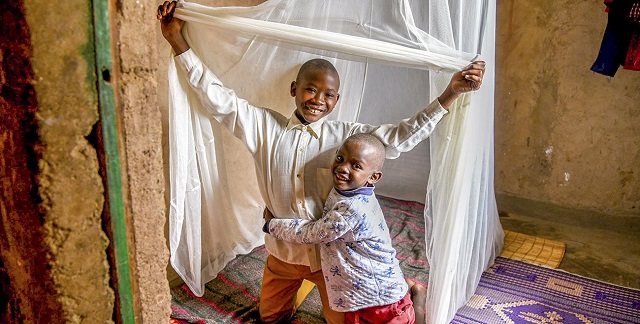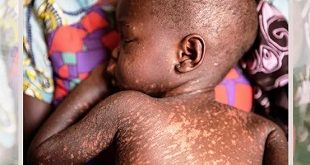
WHO to stamp out malaria in 25 more countries by 2025
| THE INDEPENDENT | Ahead of World Malaria Day, marked annually on April 25, the World health Organisation (WHO) launched new initiative on April 23 aiming to halt transmission of the disease in 25 more countries by 2025.
Of the 87 countries with malaria, 46 reported fewer than 10 000 cases of the disease in 2019 compared to 26 countries in 2000. By the end of 2020, 24 countries had reported interrupting malaria transmission for 3 years or more. Of these, 11 were certified malaria-free by WHO. It congratulated the growing number of countries that are approaching, and achieving, zero cases of malaria.
“Many of the countries we are recognising today carried, at one time, a very high burden of malaria. Their successes were hard-won and came only after decades of concerted action,” said Dr Tedros Adhanom Ghebreyesus, WHO Director-General. “Together, they have shown the world that malaria elimination is a viable goal for all countries.”
Though each country’s elimination journey is unique, common drivers of success have been seen across all regions.
“Success is driven, first and foremost, by political commitment within a malaria-endemic country to end the disease,” said Dr Pedro Alonso, Director of the WHO Global Malaria Programme. “This commitment is translated into domestic funding that is often sustained over many decades, even after a country is malaria-free.”
 Most countries that reach zero malaria have strong primary health care systems that ensure access to malaria prevention, diagnosis and treatment services, without financial hardship, for everyone living within their borders – regardless of nationality or legal status.
Most countries that reach zero malaria have strong primary health care systems that ensure access to malaria prevention, diagnosis and treatment services, without financial hardship, for everyone living within their borders – regardless of nationality or legal status.
Robust data systems are also key to success, together with strong community engagement. Many countries that eliminate malaria have relied on dedicated networks of volunteer health workers to detect and treat the disease in remote and hard-to-reach areas.
Through the E-2020 initiative, launched in 2017, WHO has supported 21 countries in their efforts to get to zero malaria cases within the 2020 timeline. A new WHO report summarises progress and lessons learned in these countries over the last three years.
According to the report, 8 of the E-2020 member countries reported zero indigenous cases of human malaria by the end of 2020: Algeria, Belize, Cabo Verde, China, El Salvador, the Islamic Republic of Iran, Malaysia and Paraguay. In Malaysia, the P. knowlesi parasite, normally found in monkeys, infected approximately 2600 people in 2020.
A number of other countries made excellent progress: Timor-Leste reported only 1 indigenous case, while 3 other countries – Bhutan, Costa Rica and Nepal – reported fewer than 100 cases.
Building on the successes of the E-2020, WHO has identified a new group of 25 countries that have the potential to stamp out malaria within a 5-year timeline. Through the E-2025 initiative, launched on April 23, these countries will receive specialised support and technical guidance as they work towards the target of zero malaria.
In 2020, COVID-19 emerged as a serious challenge to malaria responses worldwide. Since the early days of the pandemic, WHO has urged countries to maintain essential health services, including for malaria, while ensuring that communities and health workers are protected from COVID-19 transmission.
Heeding the call, many malaria-endemic countries mounted impressive responses to the pandemic, adapting the way they deliver malaria services to the COVID-19 restrictions imposed by governments. As a result of these efforts, the worst-case scenario of a WHO modelling analysis was likely averted. The analysis found that if access to nets and antimalarial medicines was severely curtailed, the number of malaria deaths in sub-Saharan Africa could double in 2020 compared to 2018.
****
 The Independent Uganda: You get the Truth we Pay the Price
The Independent Uganda: You get the Truth we Pay the Price





